Child pensions set to be abolished – in Switzerland and abroad
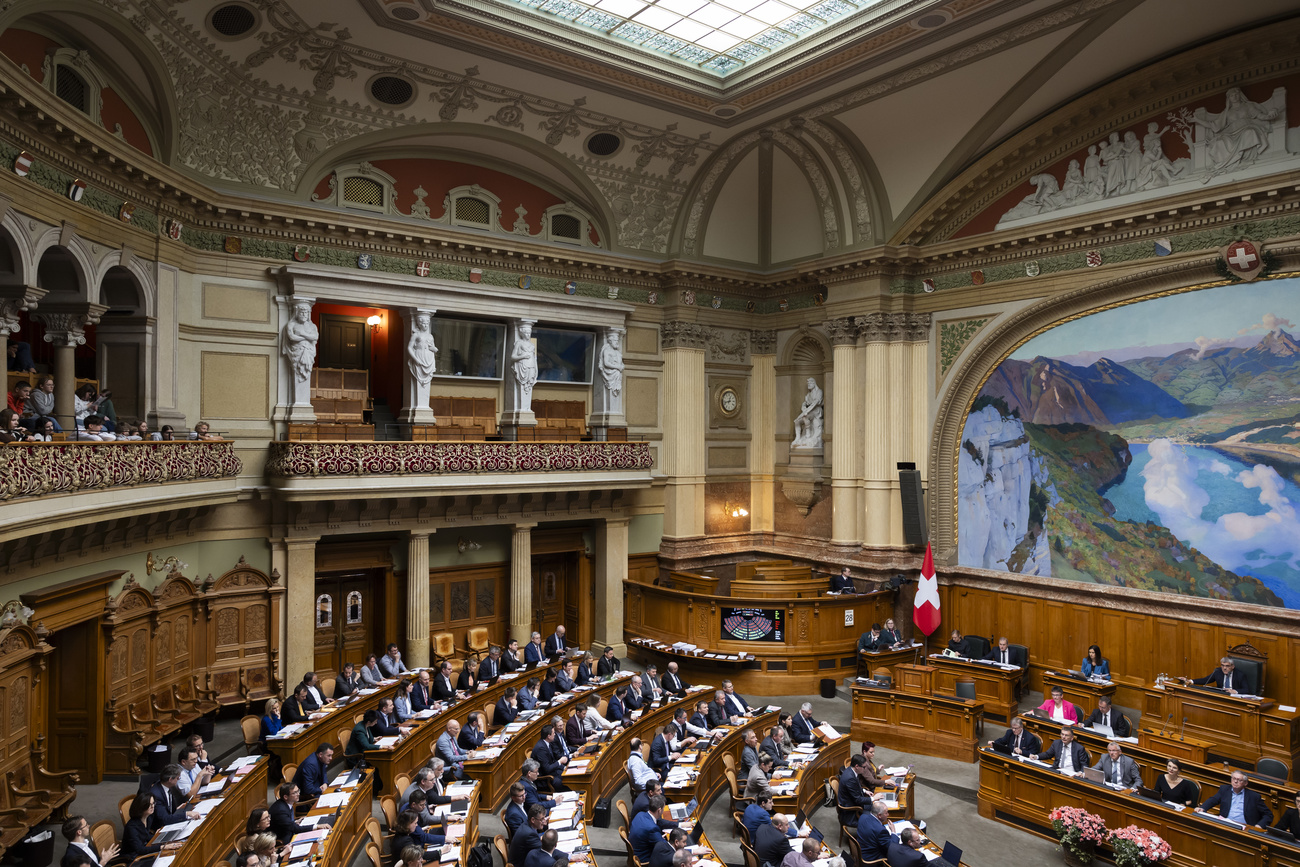
The Swiss House of Representatives is in favour of abolishing child pensions. This also affects retired Swiss Abroad and foreign workers who have left Switzerland and returned to their country of origin. Men are the main beneficiaries of old-age child pensions.
Anyone who previously received an old-age and survivors’ insurance (OASI) pension and had children who were minors or in education was entitled to additional money, regardless of whether they lived in Switzerland or abroad. The House of Representatives now wants to abolish this entitlement.
The debate in the House of Representatives was dominated by the argument that such pensions should no longer be paid abroad. Parliamentarian Manuela Weichelt from the Green Party represented the minority in the committee that opposed the motion.
She called the claim that Swiss pensioners would father children in Thailand in order to receive such a pension “absurd”. Media reportsExternal link indeed portrayed it that way.
Savings and fairness are the two main arguments behind the motionExternal link, which wants to abolish the so-called child pension and replace it with a new system.
Supplement to an old-age pension for insured persons who are supporting children up to the age of 18 (or 25 if they are completing education). If both parents draw an old-age pension, there is a right to two child pensions. Together, these must not exceed 60% of the maximum old-age pension.
Source: ahv-iv.chExternal link
The savings argument is clear: the social security system is coming under pressure. Since the adoption on March 3 of the 13th monthly pension payment, there have been increasing fears of a growing imbalance on the part of the middle classes. However, there is not too much to save with child pensions. They amount to around CHF230 million ($262 million), a relatively small amount when expenditure totals around CHF48 billion.
However, the trend is rising: the number of pensioners has grown in recent years. From 2010 to 2020, it rose by over 10,000 to around 32,000 people today. Around a third live abroad, of whom most are Swiss nationals living abroad, but there are also foreigners who worked in Switzerland and have now retired “back home”. Most pensions flow to France, Germany and Italy, while there is a strong increase in Thailand, where the Swiss colony is growing steadily. Thailand is particularly popular with retirees.
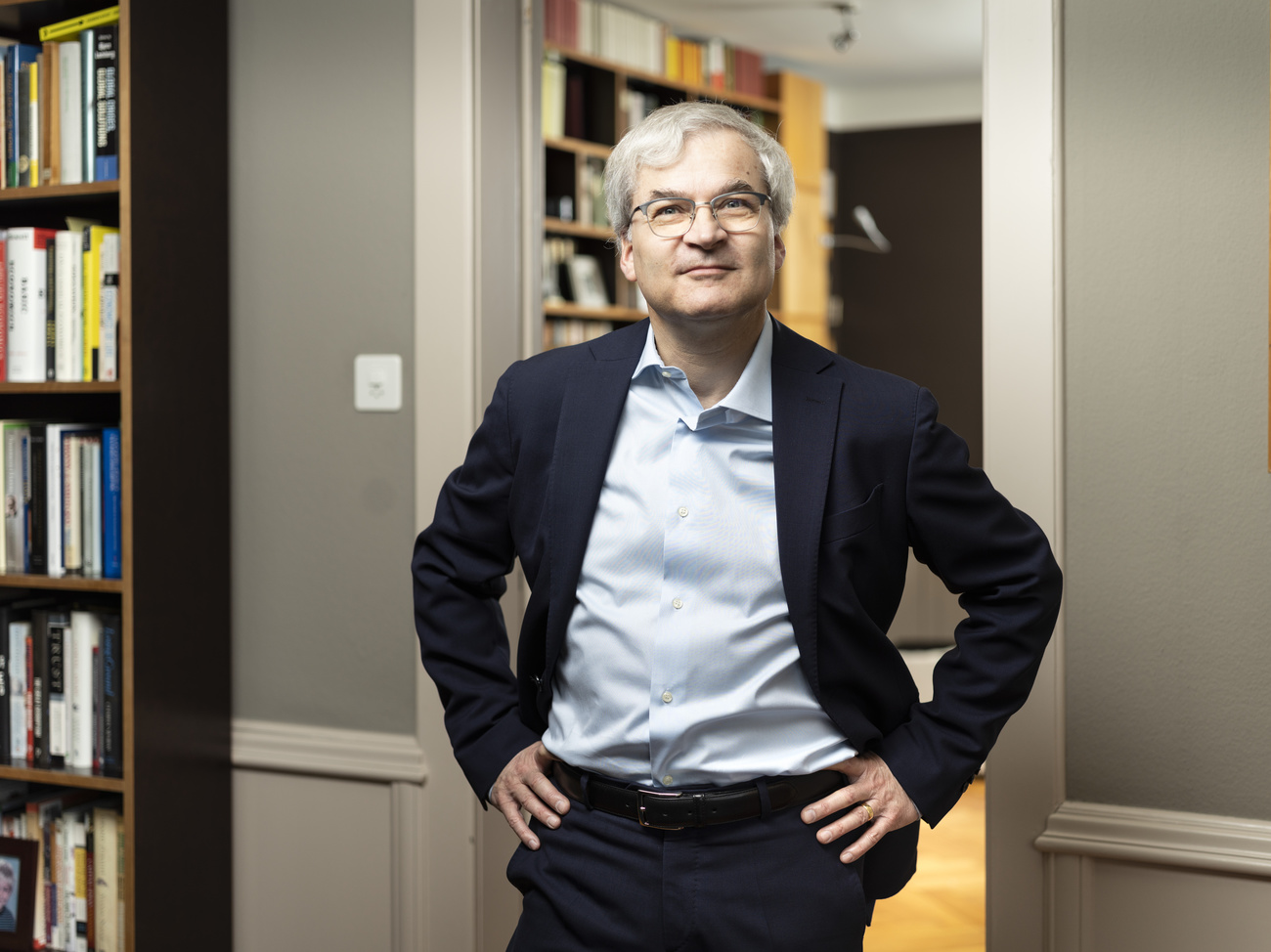
More
Do Swiss pensioners living abroad ‘milk’ the system?
Mainly men who benefit
The fairness argument has a gender aspect: it is mainly men who benefit from old-age child pensions. The figure is said to be well over 90%. This is due to biological reasons, because men can produce offspring for much longer than women.
In addition, these child pensions depend on the OASI pension amount, which rewards the wealthy but penalises those in need, such as working-age parents with child allowances.
This would undermine solidarity between the generations and is discriminatory in several ways, argued parliamentarians Benjamin Roduit and Andri Silberschmidt, who convinced the House of Representatives of the motion on behalf of the advisory committee.
Risk of poverty for children?
In recent years, the government has considered abolishing child pensions several times and has always rejected doing so, saying this would increase the risk of poverty for children and reduce their educational opportunities.
Of the roughly 31,000 children who benefit from such pensions, 22,000 live in Switzerland. The motion provides for their parents to be able to replace the loss of children’s pensions with supplementary benefits. Swiss nationals living abroad are generally not entitled to supplementary benefits.
In the end, the House of Representatives adopted the proposal by 117 votes to 62. The centre-right majority was in favour; the left-wing Greens voted against the motion.
If the abolition goes through, current pensions would not be affected, but there would be no more new child pensions. Before the matter is decided, however, the Senate will first debate and decide on the issue.
Edited by Benjamin von Wyl. Translated from German by DeepL/ts

More
Relief after anger: how the Swiss Abroad view the pension vote

In compliance with the JTI standards
More: SWI swissinfo.ch certified by the Journalism Trust Initiative
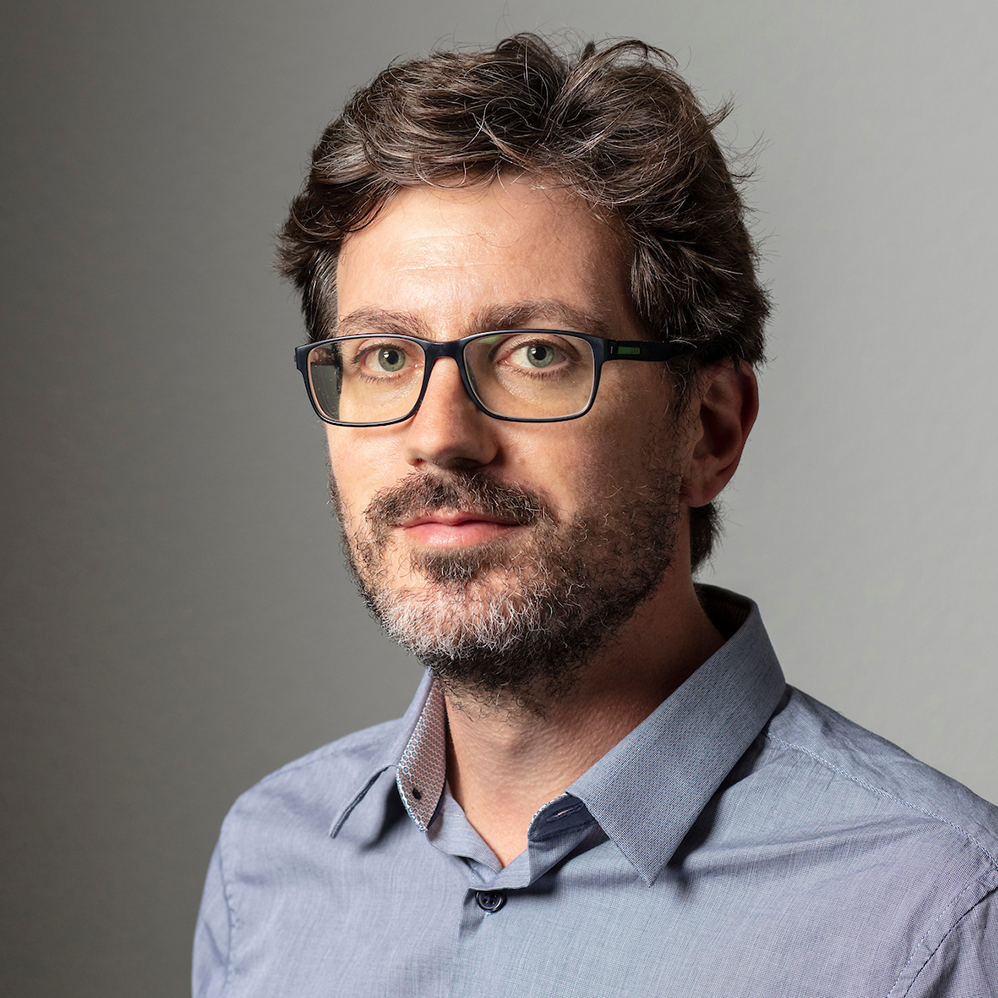
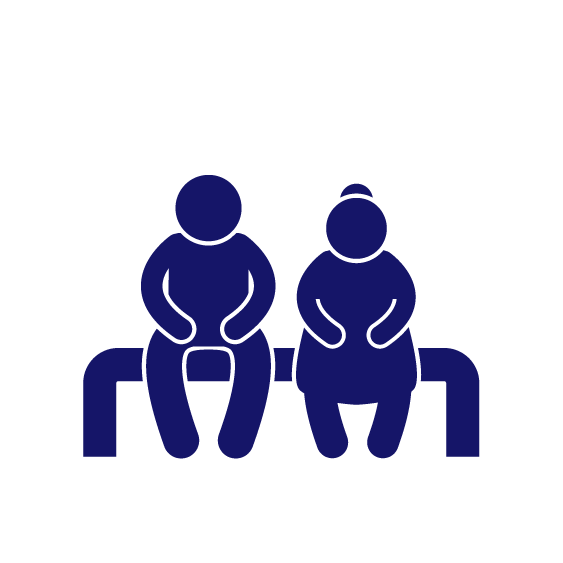
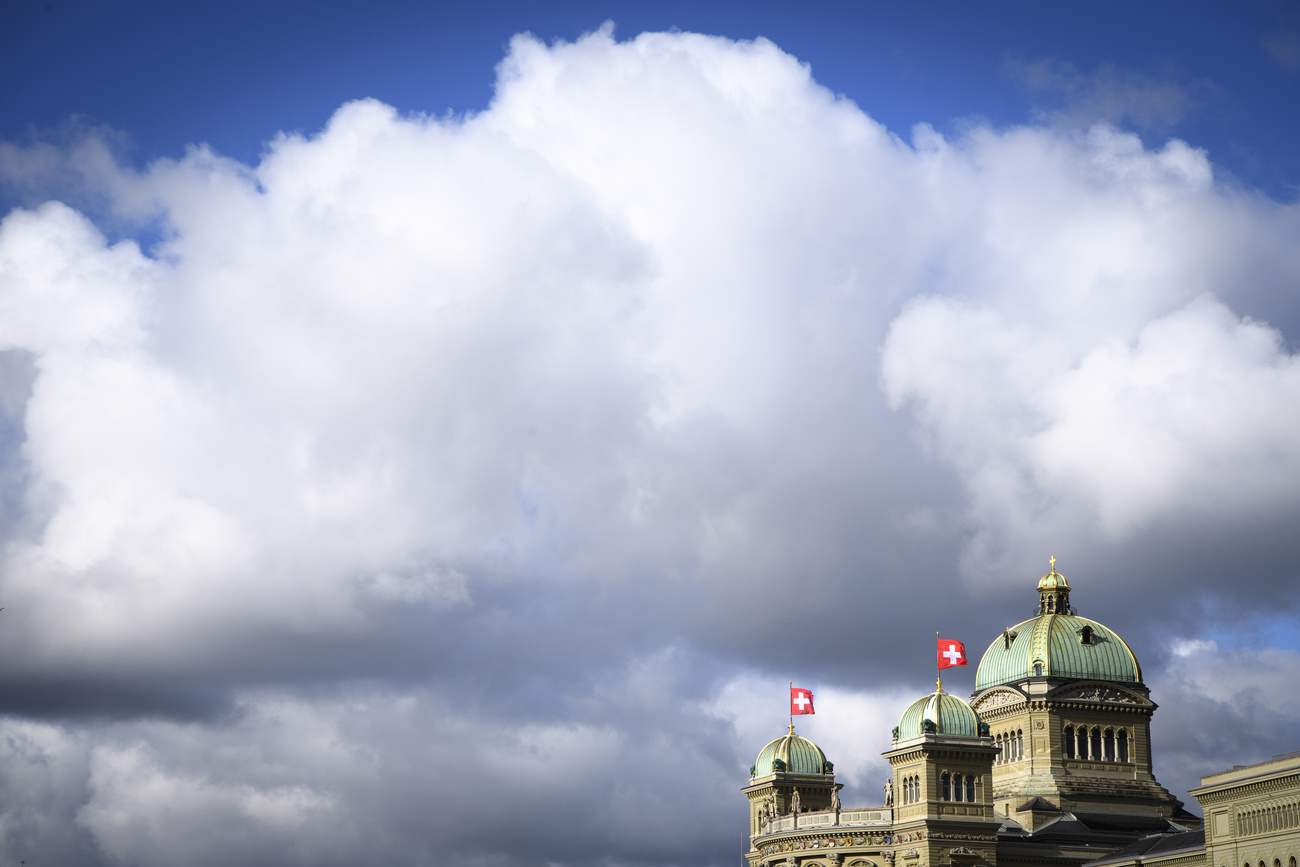
You can find an overview of ongoing debates with our journalists here. Please join us!
If you want to start a conversation about a topic raised in this article or want to report factual errors, email us at english@swissinfo.ch.